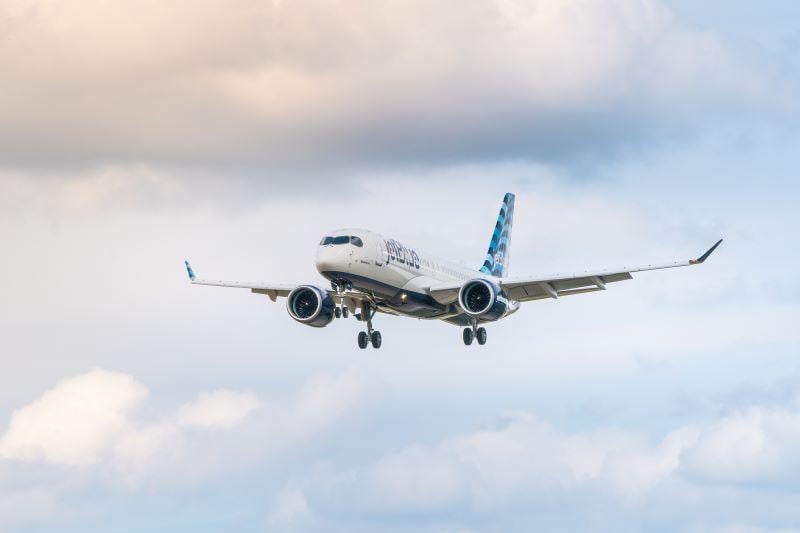
JetBlue Airbus A220
Credit: Airbus
A recent draft FAA inspection mandate for Pratt & Whitney PW1500 and PW1900 parts is the latest step in the regulator’s and manufacturer’s extensive plan to mitigate risk from contaminated powder metal. The draft rule, issued Aug. 19, targets high pressure compressor (HPC) 7th stage axial rotors on...
Subscription Required
Additional PW1500, PW1900 Powder Metal Checks Planned is published in Aviation Daily, an Aviation Week Intelligence Network (AWIN) Market Briefing and is included with your AWIN membership.
Already a member of AWIN or subscribe to Aviation Daily through your company? Login with your existing email and password
Not a member? Learn how to access the market intelligence and data you need to stay abreast of what's happening in the air transport community.





